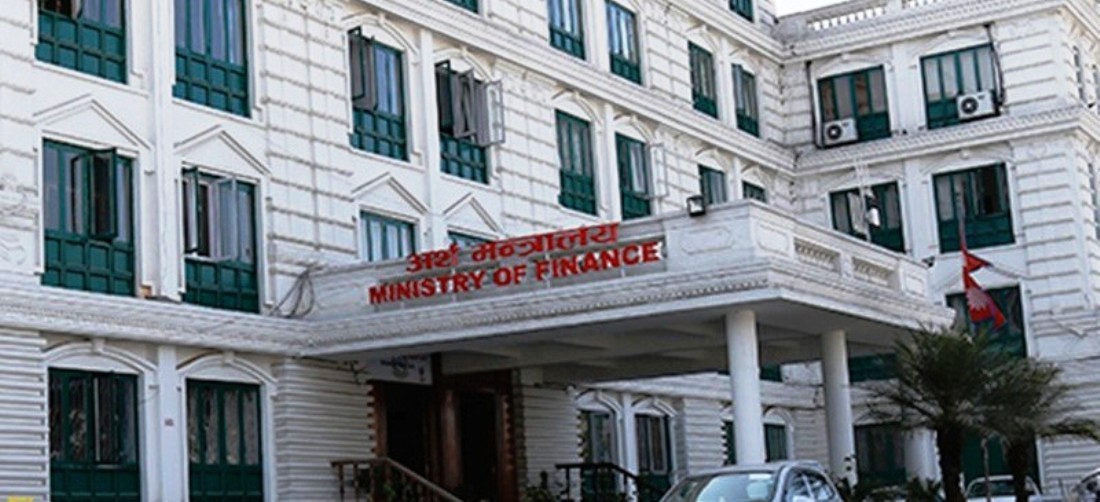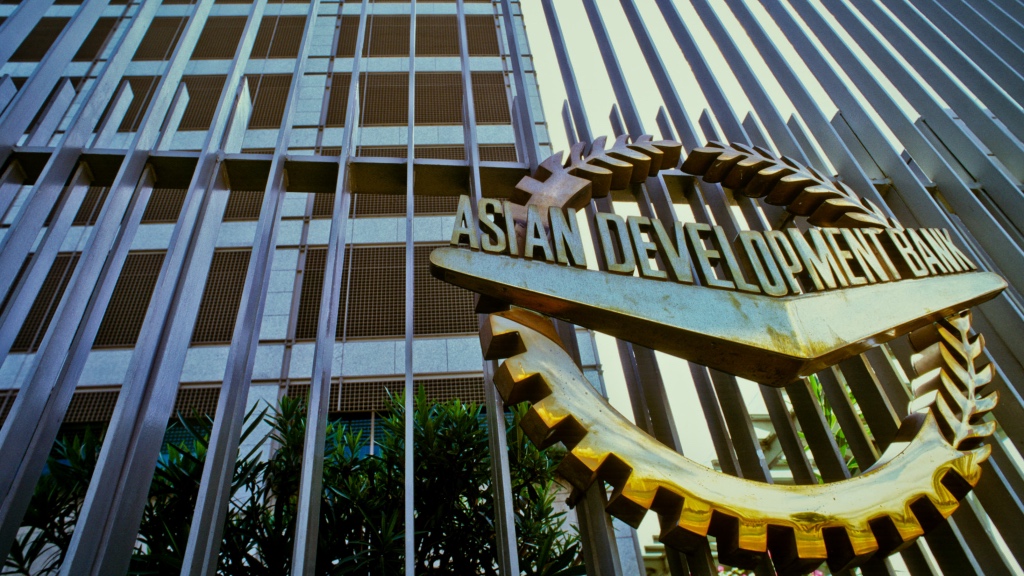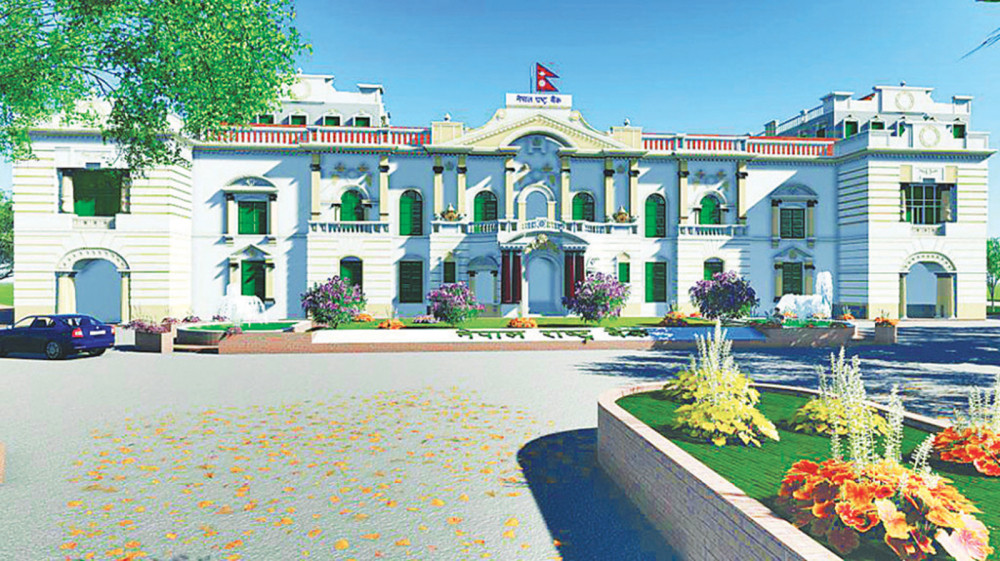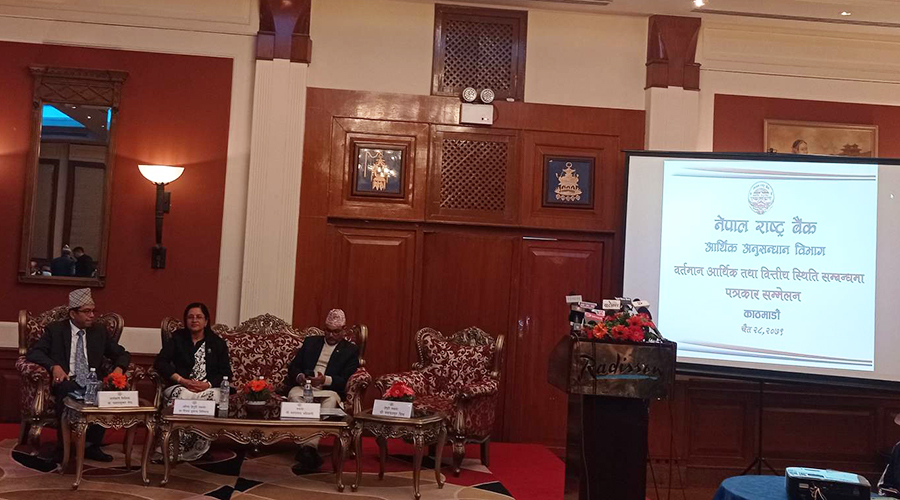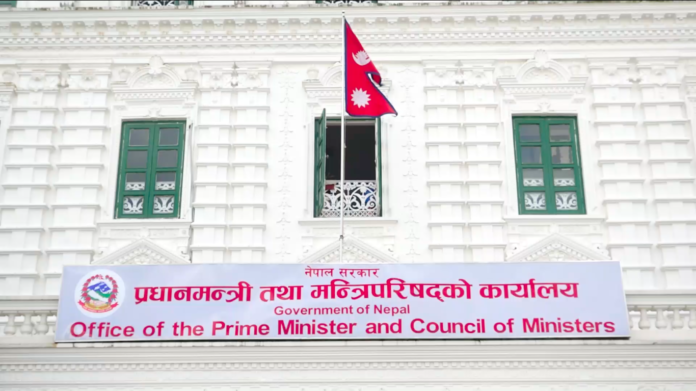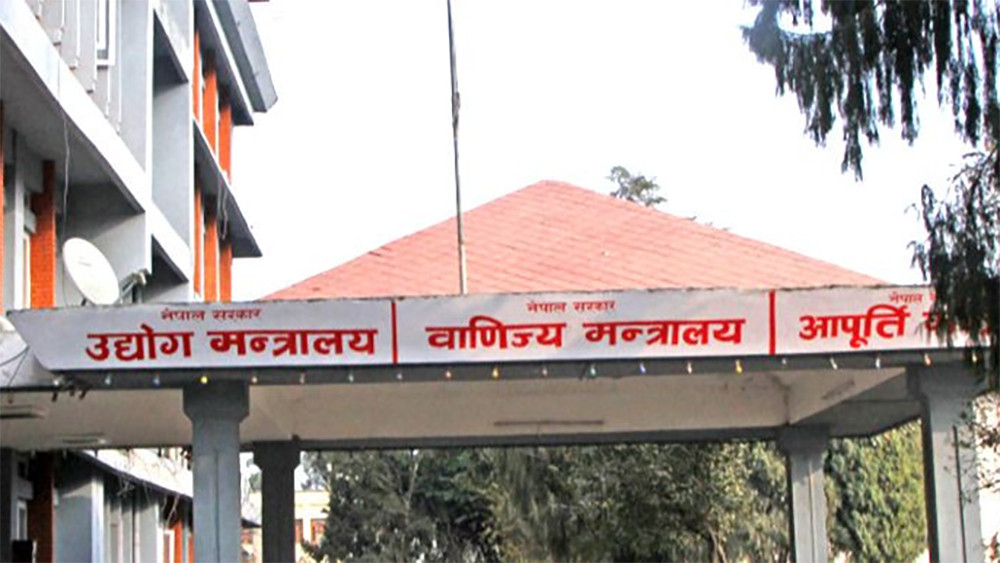Government struggling to afford food for prisoners
The government is now in a situation where it is unable to provide regular salaries, allowances, and pensions to employees.
Salaries, allowances and pensions of thousands of employees have been stopped in the current financial year. Some of the existing employees have not received the salary and allowances since February and the retired employees have not received the amount due to pension. Due to a lack of finances, the state has not been able to provide even the funds for regular food expenses to the prisoners.
At present, according to government statistics, the number of teachers receiving pensions is 51,308. Among them, more than 30,000 teachers have not received their pension for the month of March. Bishnu Prasad Kharel, Head of the Pension Management Office, has informed us that the teachers’ pensions have been stopped as the Ministry of Finance has not disbursed the funds.
Similarly, the spokesperson of Nepal Police, Dipendra GC, has informed that there is insufficient fund to pay salaries to 131 units out of the total 486 units of Nepal Police.
Not only that, the government has not been able to provide expenses even for regular foods to about 27,000 prisoners across the country. According to Chakrapani Pandey, Director General of the Prison Management Department, the government has not provided the required funds for the food expenses to the inmates in the country.
According to the spokesperson of the Financial Comptroller General’s Office, Shambhu Prasad Marasini, a total of 7 trillion 2 billion 120 million revenue has been collected by Wednesday. While during this period 7 trillion 21 billion 20 million rupees have been spent on salary and allowances of employees and other administrative expenses. According to this calculation, nearly 19 billion rupees more than the income of the state has been spent only on salary allowances and pensions of the employees.
It seems that the government, which has set a target of collecting revenue of 14 trillion 58 billion 600 million in the current financial year, has collected only about 50 percent of the total estimated amount even after 9 months of the current financial year. The country has reached a situation where the revenue collected by the government cannot even cover the salaries and administrative expenses of the employees.


 NP
NP